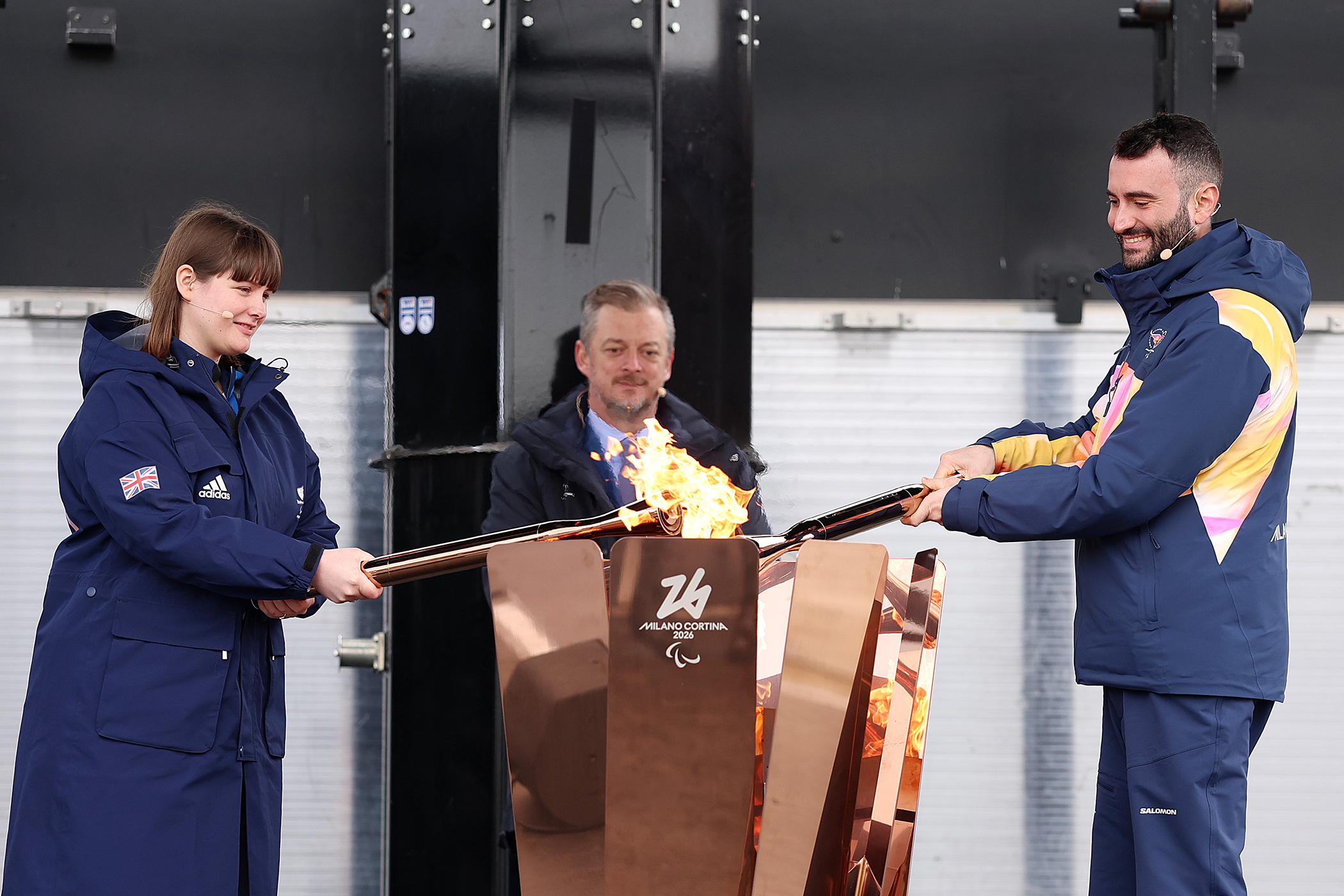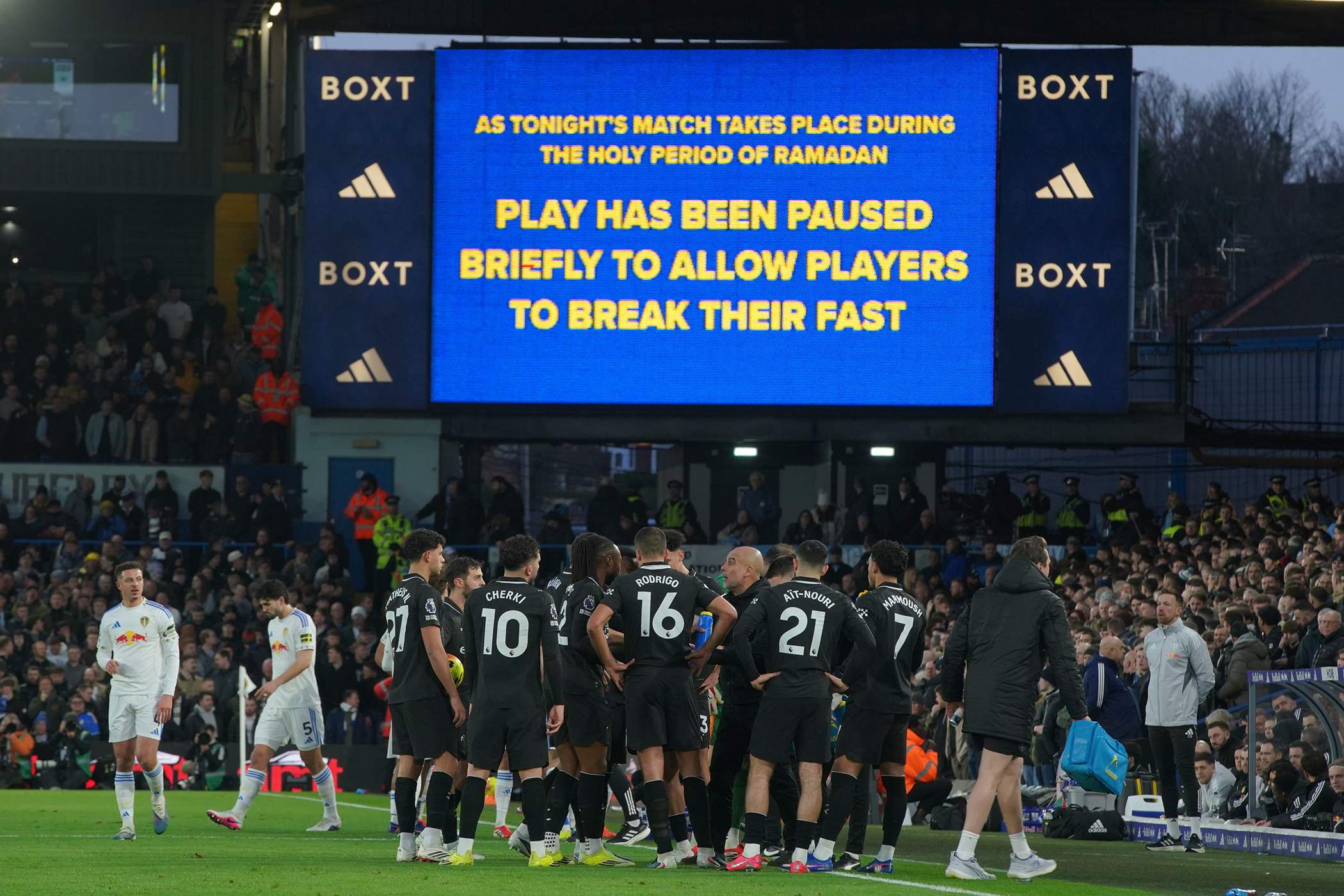August football requires an asterisk: “These results do not represent the final composition of teams and may reflect the absence of striking players who were barricaded in their homes when the season started.”
Stand-offs, release clauses, haggling, mischievous late bids, industrial action, profit and sustainability pressures and manager insomnia – the transfer window has it all. And it would have much less of it if the portal shut when the first ball was kicked.
Two and a half weeks of flux may seem no big deal while transfer gossip keeps the country distracted; while every keyboard sage is an expert on contracts nobody outside a handful of insiders has ever seen; while bids are going up and up in the Weimar of leagues; while ego and avarice are feeding a parallel trade of transfer trackers who are like tornado chasers in the American midwest.
But there’s a cost, to coherence, continuity, fans’ feelings, managerial sanity and business decency. Football before 1 September has felt conditional – asterisked. The Premier League has experimented with shutting the window when the season starts and considered doing it again this summer. What stopped it was the core dread of the English game at this level: if you stop buying before 1 September, other teams and leagues will carry on without you.
England will not – repeat, will not – be outspent. “Competitive advantage” is sacrosanct. Several owners still favour a halt when the first referee’s whistle toots. But in the main, to deny a big Premier League club their right to spend – and keep spending until the spending police turn on the lights – has proved a step too far.
The provisional nature of results this month is easy to demonstrate. Newcastle United were the better team against Aston Villa and Liverpool but emerged from those games with one point from six. Alexander Isak’s absence was the biggest factor in those results.
Mutually assured disruption is scored into a system that keeps England and Scotland in line with Spain, Germany, France and Italy. Badly unsettled, Newcastle “retaliated” by unsettling Brentford over Yoane Wissa and Wolves over Jørgen Strand Larsen.
Offering a selling club (Wolves) £55m-plus for a striker with 14 Premier League goals might sound an odd definition of “unsettling” – but the point stands. Wolves fans watching Strand Larsen score twice in this week’s Carabao Cup win over West Ham could have no idea whether he would still be there by the weekend. All roads lead back to the impasse over Isak: a chain reaction of instability that makes opening-day squad lists a waste of ink.
Remembering rather late that their midfield needed repairing too, after some spicy spending on their forward line, Manchester United unsettled Brighton via intermediaries over Carlos Baleba. With that late move they made themselves look muddled and reactive. To prove the point they then went over to Grimsby and got knocked out of the Carabao Cup.
This Premier League season commenced on 15 August with Liverpool v Bournemouth. Eighteen more days will have passed before the league orders its members to stop baking and show their cakes. In between, managers hoping to lay out a plan for the campaign have had to break the season in two: the August bit, and the rest. The January transfer window is less disruptive because the best players rarely move halfway through the season.
Newsletters
Choose the newsletters you want to receive
View more
For information about how The Observer protects your data, read our Privacy Policy
In March this year, Premier League clubs again discussed shutting the window before the first round of games. The conversation petered out. Most wanted to keep England’s top tier in sync with their European equivalents. In 2018 and 2019 no trading was possible after the campaign started but Covid added to the fear that the English game was ceding ground to its adversaries. The Saudi Pro League’s wealth also stalked its thinking.
This summer, because of the Club World Cup, an “exceptional registration period” ran from 1-10 June for the 20 nations represented at Fifa’s global power play. Trent Alexander-Arnold signed for Real Madrid from Liverpool in that slot for £10m. The window then reopened on 16 June. It will close at 7pm on Monday (with two hours of administrative grace) – earlier than usual, to fit the working patterns of staff at clubs. The consideration for them is welcome.
Anyone visiting a major training ground in these 18 days will sense the lingering uncertainty. Sports channel transfer tickers generate excitement and anxiety in equal measure. Players who are the subject of late transfer bids wander around as normal but then disappear. Those definitely staying put try to ignore it all and concentrate on the knowables. But imagine being a Newcastle starter, aware of the void on the pitch where Isak was meant to be, and gazing ahead to see Anthony Gordon scurrying around (or getting himself sent off).
In a few days, reporters who have to track these poker marathons will have earned a week in a mindfulness retreat, free of mobile phones. Will we have been entertained? Of course. But we’ll feel faintly queasy too, as football starts up a second time, with a whole new set of team-sheets.
Photograph by Owen Humphreys/PA Wire



